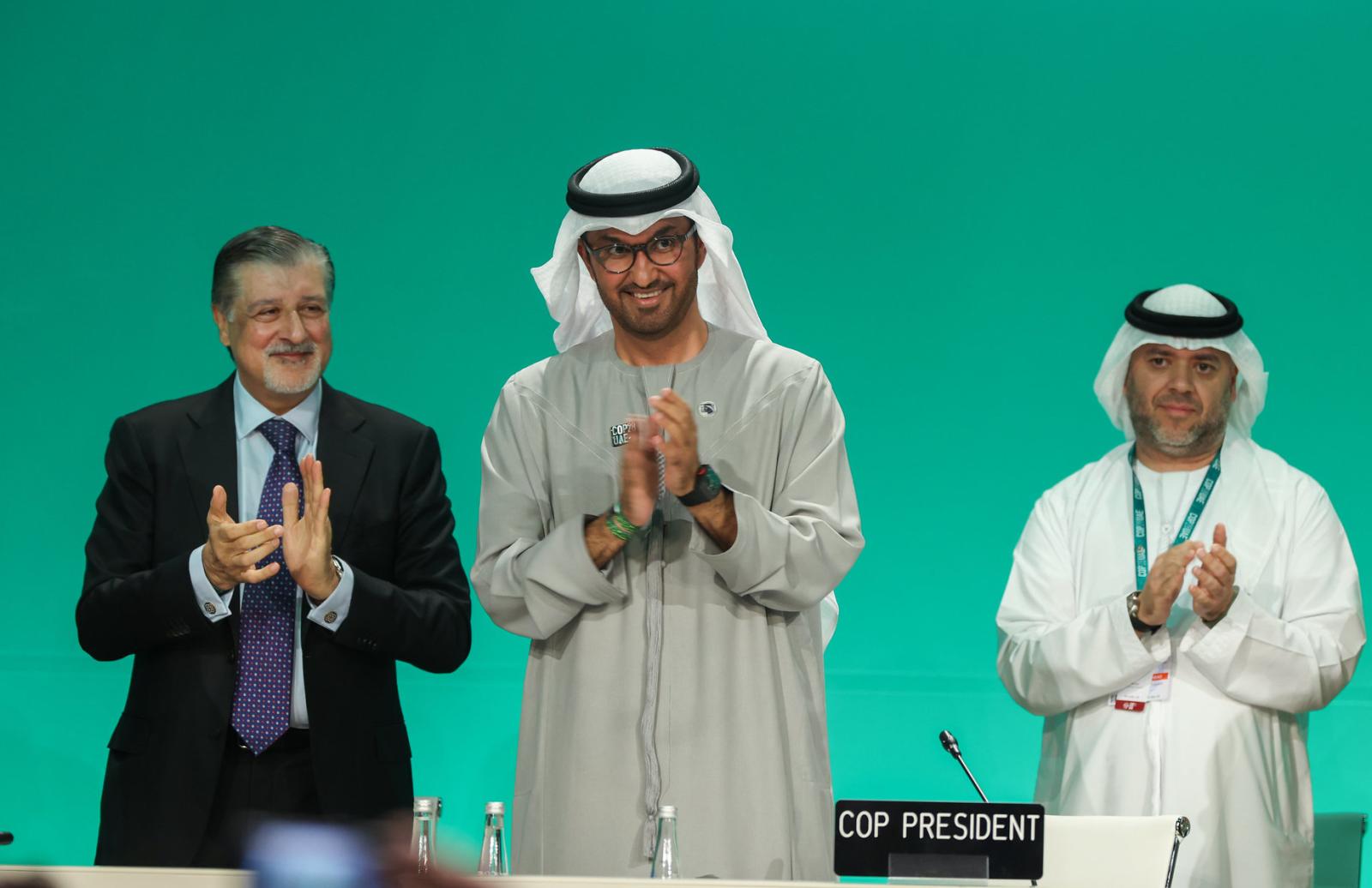There is increasing evidence that the presence of polluting industrial plants plays an important role in tumour aetiology, premature mortality and the resurgence of several types of chronic pathologies.
The evaluation of the health benefits (e.g. number of deaths averted) arising from a pollution control policy provides an important source of evidence for policy makers, legislators and employers. Cost-benefit analysis can play an important role in legislative, regulatory and policy debates regarding the protection and improvement of human health, population safety, and the preservation of the natural environment. The issues of resource limitations, economic efficiency, cost-benefit analysis and value for money are among those essential criteria on which policy and regulatory decisions are made, and are also critical to understanding the impact of proposed environmental, health, and safety regulations. Quantifying health benefits arising from pollution controls, establishing costs and efficiency gains, is a perquisite for undertaking legislative initiatives for pollution control. Cost-benefit analysis also provides companies and employers with important information regarding the costs of ill health among workers, and which interventions offer the best value in terms of health gain. According to Burdford (2007) economic evaluation will increasingly play a role in decisions about interventions at the workplace. Information on the cost-effectiveness of different intervention programs is pivotal to guide the occupational health professional towards better advice on priorities in occupational health programs.
A recent collaborative research involving two prestigious world institutions, the London School of Hygiene and Tropical Medicine and the CNR, Istituto di Fisiologia Clinica Pisa, evaluated for the first time the potential cost effectiveness of remediating two highly polluted industrial sites located in Sicily (Italy): Gela and Priolo. Gela and Priolo provide extensively documented cases of toxic contaminated sites where, due to the presence of large petrochemical industrial plants and to widely diffuse environmental pollution, several negative health effects have been observed. The cost-benefit analysis of remediating Gela and Pirolo has been already published in the Journal Environmental Health and will be presented at the ERA-ENVHEALTH conference in Paris. It estimates that, on average, 47 cases of premature death, 281 cases of cancer and 2,702 cases of non-cancer hospital admission could be avoided each year by removing environmental exposure in these two areas.
Given the annual number of health outcomes attributable to pollution exposure the study suggests that the effective clean-up of Gela and Priolo should be prioritised and that clean-up policies costing up to €6,639 million in Gela and €3,592 million in Priolo would be cost beneficial. These two amounts are notably higher than the funds allocated thus far to clean up the two sites, €127.4 million in Gela and €774.5 million in Priolo, implying that further economic investments - even considerable ones - could still prove cost beneficial.


